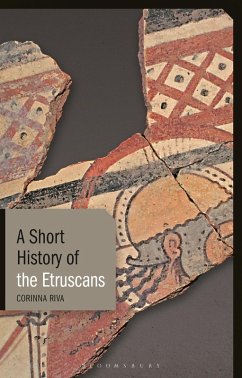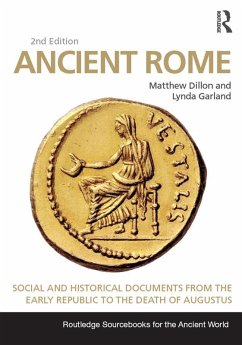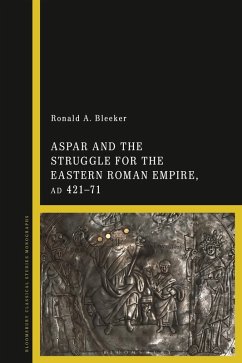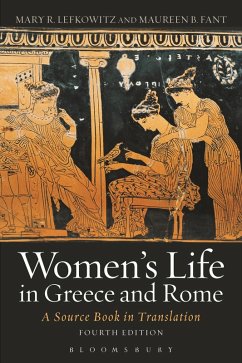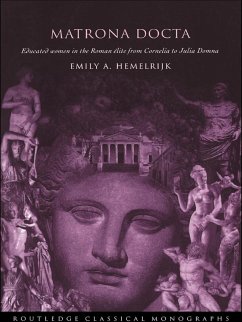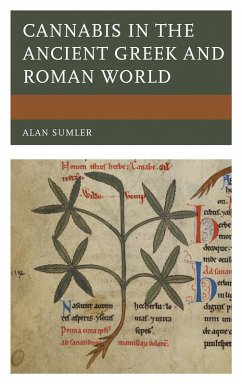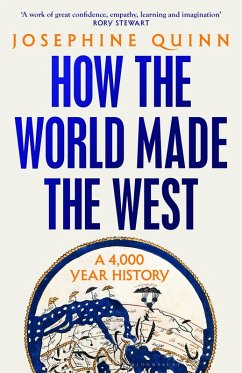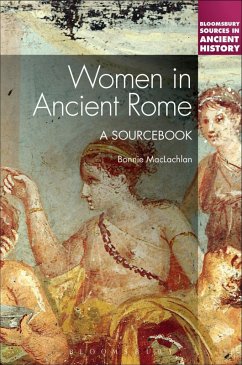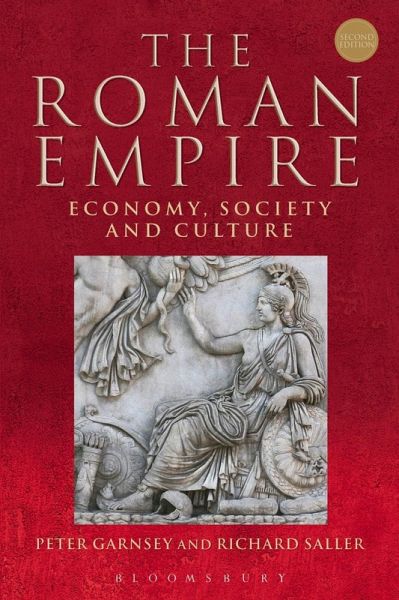
The Roman Empire (eBook, PDF)
Economy, Society and Culture

PAYBACK Punkte
12 °P sammeln!
During the Principate (roughly from 27 BC to AD 235), when the empire reached its maximum extent, Roman society and culture were radically transformed. But how was the vast territory of the empire controlled? Did the demands of central government stimulate economic growth or endanger survival? What forces of cohesion operated to balance the social and economic inequalities and high mortality rates? How did the official religion react in the face of the diffusion of alien cults and the emergence of Christianity? These are some of the many questions posed here, in an expanded edition of the orig...
During the Principate (roughly from 27 BC to AD 235), when the empire reached its maximum extent, Roman society and culture were radically transformed. But how was the vast territory of the empire controlled? Did the demands of central government stimulate economic growth or endanger survival? What forces of cohesion operated to balance the social and economic inequalities and high mortality rates? How did the official religion react in the face of the diffusion of alien cults and the emergence of Christianity? These are some of the many questions posed here, in an expanded edition of the original, pathbreaking account of the society, economy and culture of the Roman empire. As an integrated study of the life and outlook of the ordinary inhabitants of the Roman world, it deepens our understanding of the underlying factors in this important formative period of world history. Additions to the second edition include an introductory chapter which sets the scene and explores the consequences for government and the governing classes of the replacement of the Republic by the rule of emperors. A second extra chapter assesses how far Rome's subjects resisted her hegemony. Addenda to the chapters throughout offer up-to-date bibliography and point to new evidence and approaches which have enlivened Roman history in recent decades.
Dieser Download kann aus rechtlichen Gründen nur mit Rechnungsadresse in A, B, BG, CY, CZ, D, DK, EW, E, FIN, F, GR, HR, H, IRL, I, LT, L, LR, M, NL, PL, P, R, S, SLO, SK ausgeliefert werden.




